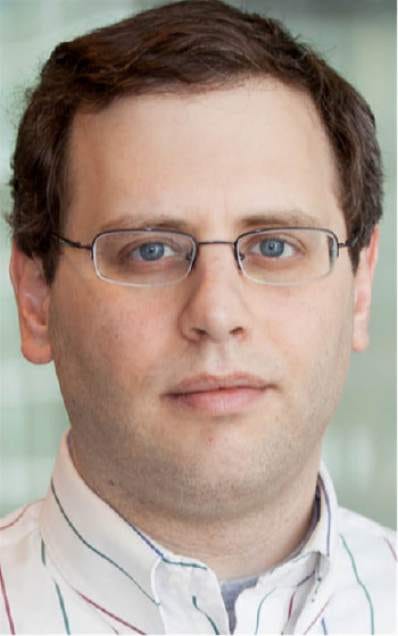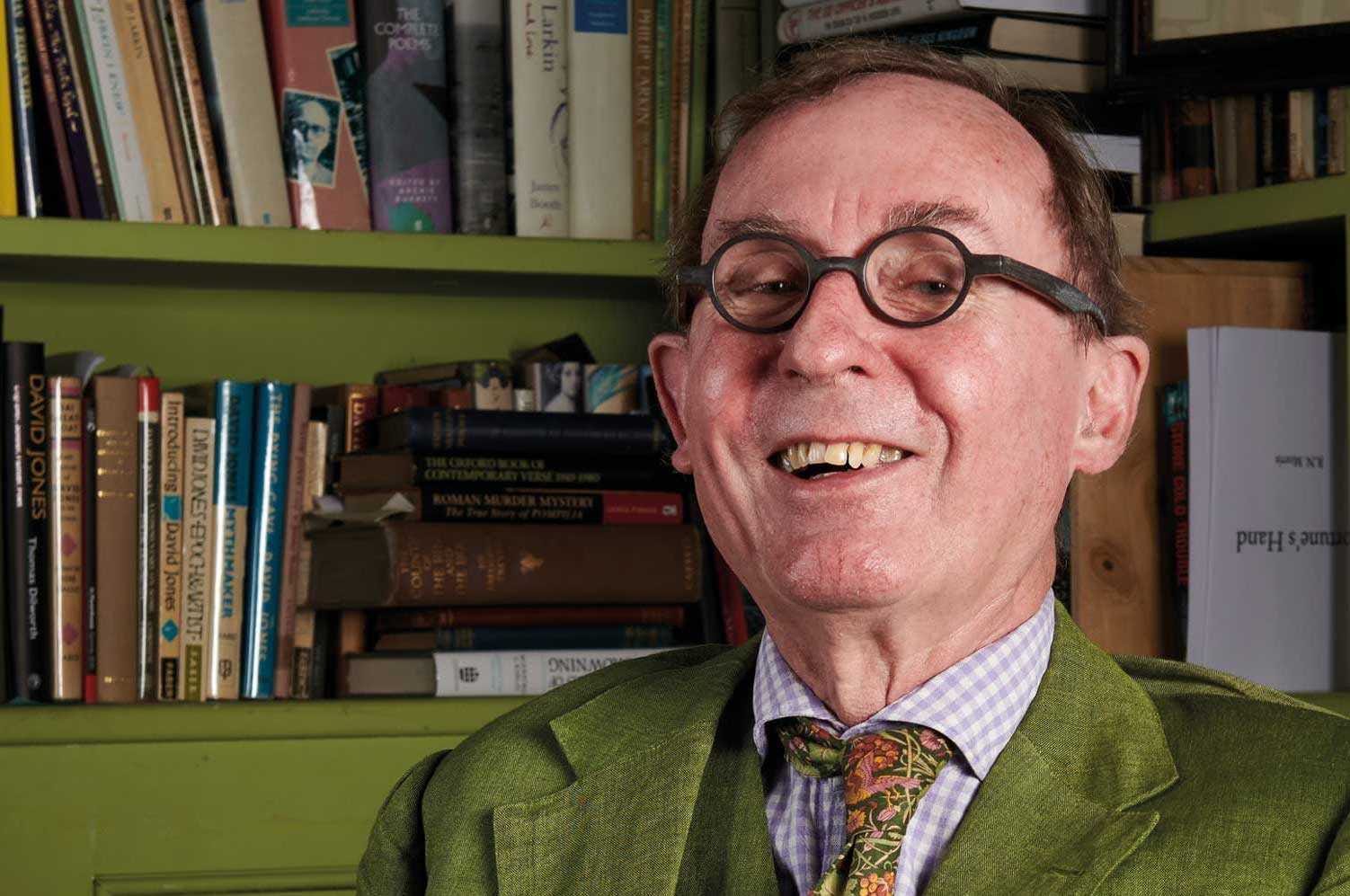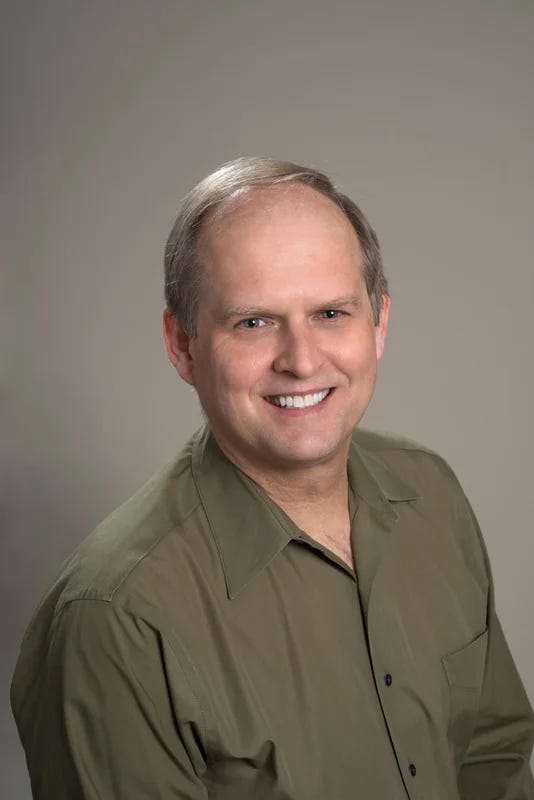Noah Smith interview
Description
Writing ElsewhereRecently I have written for The Critic about how to find somewhere to live in London, solving the problem of modern architecture, and in praise of stupid politicians. I also produced some epigrams framed as advice for young people.
Noah Smith is an economics blogger with his own Substack (highly recommended). We talked about late bloomers, motivation, modelling effects, peer effects, culture, and Anime. I’ll leave you to decide what you believe about the disagreement half way through about whether we are morally obliged to work hard and use our abilities.
Henry Oliver: Well, thanks for joining me. I appreciate your time and your willingness.
Noah Smith: Absolutely.
Henry Oliver: What I am interested in, I'm writing about late bloomers, so I'm interested in ideas to do with, your intelligence is flexible, it's not determined at birth, and you have lots of margin to improve yourself. And I saw your tweet, is he called June? Is it Huh, June Huh, the mathematician?
Noah Smith: I don't know. I don't know who that is.
Henry Oliver: Yeah, he won the Fields Medal, he dropped out of high school.
Noah Smith: Oh, right. That's right, that guy.
Henry Oliver: He wanted to be a poet and he didn't like maths. And then it was like six years into college, he went to a maths class and he got into it and then he got really obsessed with it and he dropped poetry and he got really... He only ate pizzas, 'cause he was just sitting there doing maths all the time. And then he wins the Fields Medal, so he's like a total late starter, and it defies all the stereotypes that you have to be good at maths when you're young. And he's everything that you're not supposed to be.
Noah Smith: Right. Right.
Henry Oliver: So what I'm interested in is your views on this whole area. Sorry.
Noah Smith: Well, it's hard to say. You can definitely pick out lots of anecdotes like this, of people who come late to a subject and then just go really far in it. And then you're gonna get this infinite debate between people who say, "Well, he always had the talent, he just didn't wanna do it before." And people who say, "Well, you really... You can do anything you set your mind to." And blah, blah, blah. And there's no way you can really prove that. But I think that the better... It's cool to have a guy who dropped out of school to be a poet and then eventually became a Fields Medalist. That's eye-catching and neat, but I think the better examples are the more prosaic examples of people who are just middling students who go on to be math professors. And so for example, I had two classmates.
When I was in school, we knew who the very best math people were. I was one of them. And but there were a handful. There were three or four kids each year who were the best people at math and who would go to the top schools and do technical subjects and blah, blah, blah. And one of those did become a math professor, but I think most of them just went to... Eventually became software engineers at Google or whatever, or just blew up their life and became an economics pundit like me. So almost none of them actually went into the field. And then when I look at the couple of people I know from my high school who became math professors, they were both fairly middling in math in high school. They didn't win the competitions. They weren't on the math team.
Actually, so when I was in high school, what I liked was not math but physics. That's what I really liked. But I wasn't that interested in math because I felt like it wasn't real, physics felt more real to me. But then when I got to college, I started to really love math proofs, and so I started to like math a lot more in college. The people who ended up becoming math professors, they were on that sort of journey magnified several fold. And so now, they're teaching at some, at a college. And so I guess the point is that...
Henry Oliver: What happens to them?
Noah Smith: They get interested. Motivation is everything. When we talk about late bloomers, we have to talk about motivation, because kids aren't born motivated. And when kids are young, their parents provide them with motivation. Their parents hug them and tell them they're great, and then insist that in order to keep getting that approval, they've got to ace a bunch of math tests. Or some parents take a more harsh approach where they say, "If you don't ace your math test, I'll beat you with this belt."
[laughter]
But I think that's kind of going out, that approach, which is definitely what my grandmother had to deal with, with her immigrant parents immigrating from what's now Ukraine. If she didn't get perfect scores on math, they would hit her with a belt.
And that is just... That seems very harsh. It is very harsh. It's a world... [laughter] That's the world of the depression and the World Wars, and that old world that was very harsh, and you still get a few immigrant parents who try to take that extremely harsh attack. But I think that in America, we're moving away from that toward something that can be just as emotionally damaging, which is, "You had better get 100 on this math test or I won't love you." And that's the alternative way. But then when people are young, they get all this motivation from their parents, and the people that we call nerds are really just people who are closer to their parents. People who are less close to their parents, we don't call nerds. And no matter how much they are talented at math or good at math...
One of my best friends was incredibly smart as a kid. He could ace the SAT as a little kid or whatever and could do a bunch of math stuff. He didn't care at all. He just wanted to play rock music, play rock guitar, and... I don't know, play Dungeons & Dragons, and hook up with girls, and get in fights. And he was very good at all of those things.
[laughter]
And now he's a physicist in Europe. His parents are both math professors. If there's any natural talent to be had, he obviously had it. And then he just... When he was ready, he just effortlessly went and became a physicist. And so you could argue that there's both talent and motivation here, but the motivation component was key. He had to feel like he no longer felt like... He would go and get in bare-knuckled boxing competitions in Germany or something, which he won. [chuckle] And then... Or just do the craziest combinations of drugs you'd ever not wanna do. And he just did that kind of stuff, and then when he felt like, "Oh, I guess it's time for me to get a job," he just went and did physics. And then he got interested in it, and he got really interested in the physics that he was doing. And it became this... Just like when he was a kid, he used to pour over Dungeons & Dragons manuals, crafting the perfect adventure, he would now just pour over physics, like experiments, and he worked at CERN, and etcetera.
And so that's an interesting journey right there. Because motivation changes over life, he was not a nerd as a kid, but he got motivated later in life. And I think that with a lot of nerds, with a lot of the kids that you see who are very close to their parents, and who are motivated by parental involvement, you see burnout, because then those kids are like, "Yeah, I do what my parents want." Blah, blah, blah. And then they get to age 17, 18, and they're like, "Wait a second, why am I not getting laid? Why am I not partying with the other party kids?" And then when they get to college, when they get out of their... Out from under their mother's wing, out to the world where you live in a dorm and you're around all the other young people and no one's really supervising you. I seen... I went to a fancy school and saw this happen again and again and again and again. And so these people just... These people lose motivation and they run off the rails. And they say, "Why did I not get to party?" And often, they regain motivation later in life. The most common pattern is that they party, they figure out how to hook up with people, they find romance, they get married. And then they get their motivation back to be really serious, and then they...
So I have a friend who's a mathematician who when he was in college, he was just very down because he had always been so motivated by his parents, and now he was away from them. And now he was like, "Why do I not have a social life?" And we were his friends and always trying to promote him to get a social life. And then he started working out, dating girls, whatever. I went to his wedding, his wedding was a math wedding where a bunch of math people came and made really elaborate esoteric math puns on PowerPoint at his wedding. [laughter] And it was a great wedding.
Henry Oliver: That's a good wedding. Yeah.
Noah Smith: It was a really good wedding, it was great. And then we all played board games and stuff like that. Now he’s a mathematician, but anyway, but the point is that he went through that period where he lost motivation, and some people never get it back. Some people




















